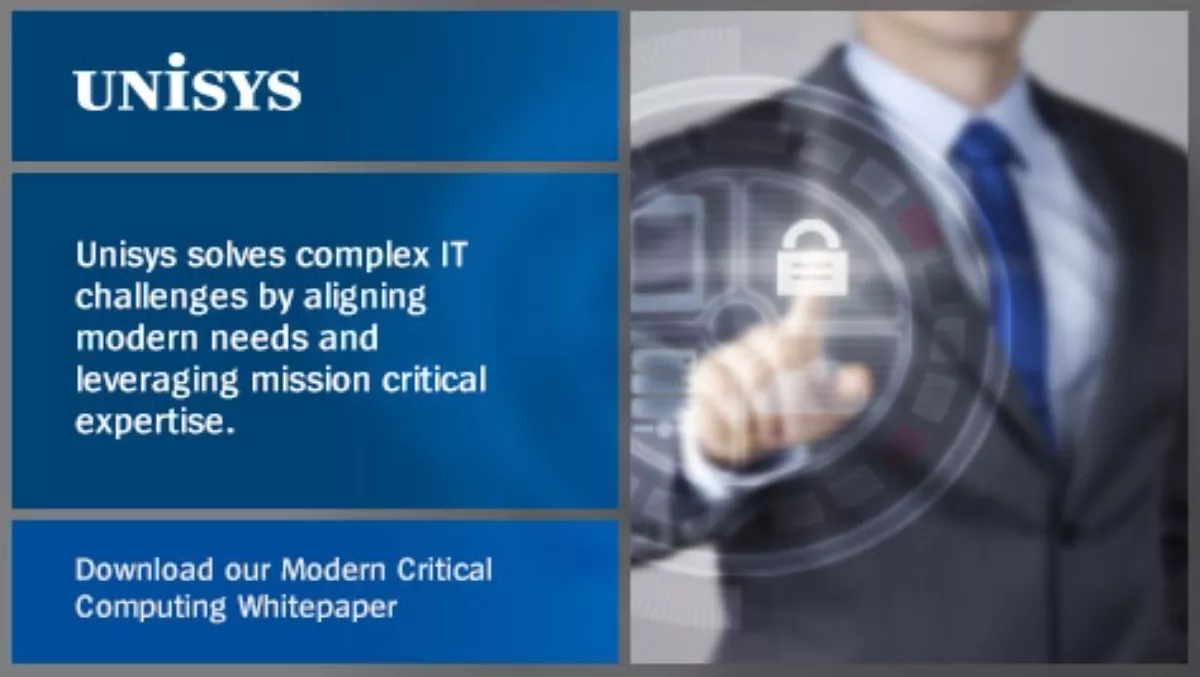
Is your data centre prepared for the internet of everything?
In the IT world change is a given. But how to do you manage an environment that never stays the same? Evolving disruptive technologies are exciting but constantly challenge CIOs in the role as the custodians of technical excellence and the ability for an organisation to deliver the services it is meant to. Big data, mobility, cloud, the Internet of Things and security concerns require new technology, new skills and new attitudes to oversee the how, what, when and where data is available.
While many of these technologies are intertwined, perhaps the most disruptive, and all-encompassing, trend is the Internet of Things - or rather the Internet of Everything. This is where physical objects are connected to the Internet and able to identify themselves to other devices. This isn’t just connecting your standard computing infrastructure, it includes smart mobile devices, wearable technology and even embedded microchips in people (such as heart monitors) or a sensor in a car. This new level of intelligence enables rapid interaction with customers and citizens to provide a personalised experience. It also allows organisations to gather and analyse data from a wide range of sources to identify trends, causal relationships and even predict issues before they happen so that can be prevented.
Yet this Internet of Things trend also creates a massive amount of data to be stored, managed, shared and secured. Meanwhile IT organisations must be flexible enough to quickly respond to market changes - those that don’t will miss huge opportunities.
Disruptive technologies are driving the data center of the futureCentral to these technologies is the data that provides companies with opportunities to differentiate and gain competitive edges in real-time. CIOs are responsible for capturing and analysing the information available to their organisation to create value for shareholders and corporations that increasingly see their data as an asset growing in volume, relevance and value over time.
But managing this increasingly valuable data carries inherent risks and complexity. Traditional approaches to IT infrastructure can be prohibitively expensive to process, store, analyse and secure such massive amounts of data. Yet some organisations are reticent to move sensitive data and applications into the cloud. Meanwhile many of the ways we interact with suppliers, intermediaries, colleagues and customers or citizens requires them to be able to interact and collaborate with each other within systems that are increasingly made up of composite services, inside and outside the old business IT boundary.
There are multiple delivery models to consider including public clouds, private clouds, and hosted private clouds. How do you decide the best location for migrating applications and workloads without breaking what’s already in place? The reality is that not all data is the same and that most organisations will turn to a hybrid model that selects the right environment for the right job. As such, the data center of the future will spread workloads across a “virtual data center”. And this mix will constantly change - multi-dimensional “hybrid Enterprise” that is organic and alive.
The data center of the future: integrated, stable, scalable, secure and cost-competitiveHow does this play for mission critical solutions? These are the operations that if they fail may cause significant financial, national security, and reputation damage, must be secure, reliable and scalable and generally require high transactions / high volume processing capabilities.
To reduce complexity, software defined management services will provide a single point of control across all environments.
The modern mission critical data center will span user experience services, application services including social and mobile enablement, flexible but impenetrable data protection and security and fabric-based infrastructure services that provide greater flexibility and high performance without the high cost.
Find out more about the new scope for mission critical computing here.
About Steve GriffinSteve Griffin is Country Manager for Unisys New Zealand where he leads sales, business development and business operations. Previously, Steve was a member of the Royal Air Force for 23 years, starting his career as an engineering apprentice and retiring as a Wing Commander in 1999.

